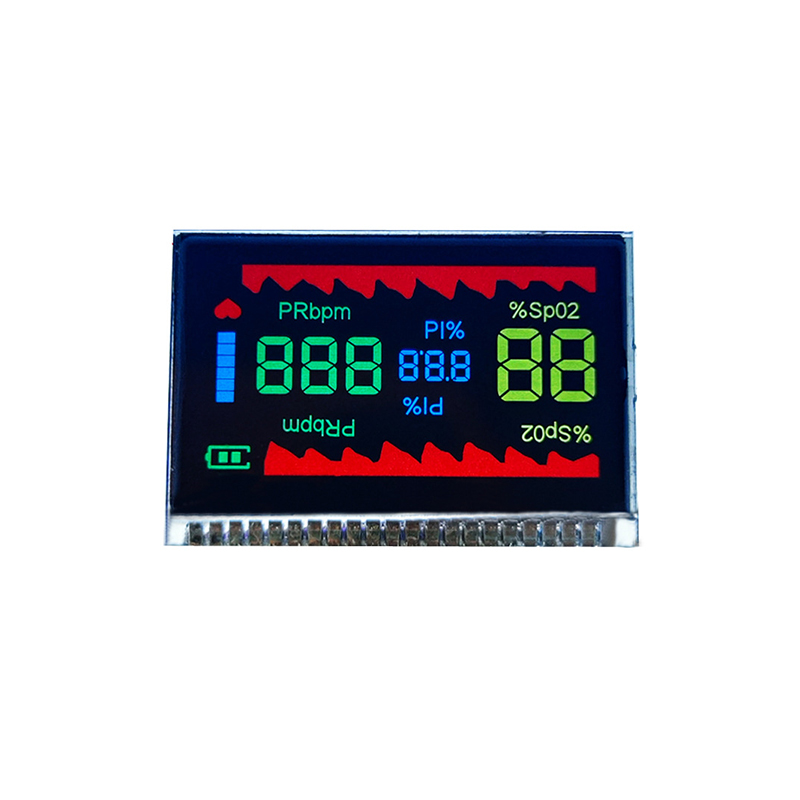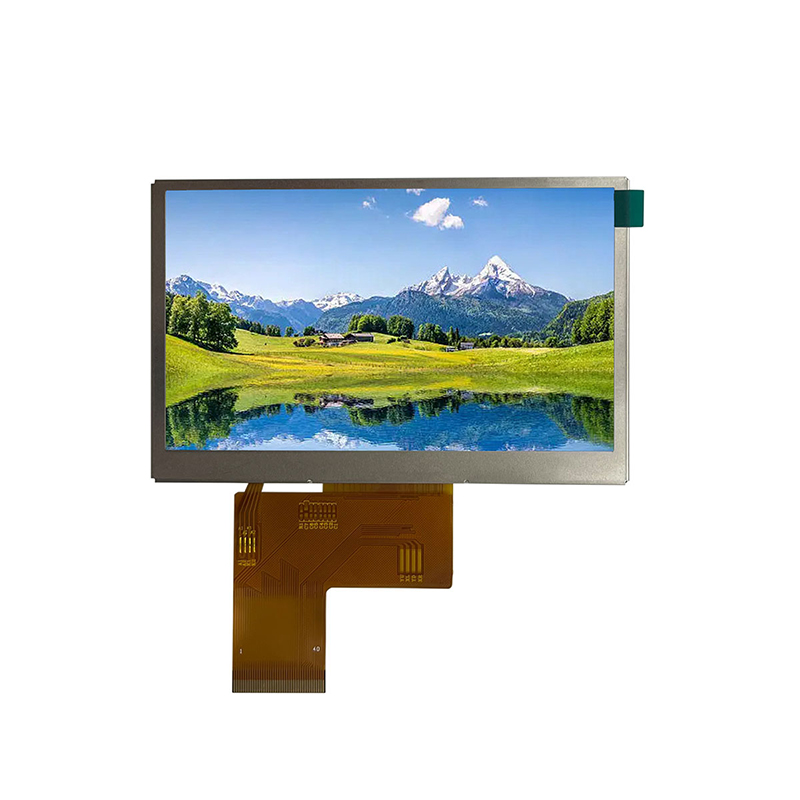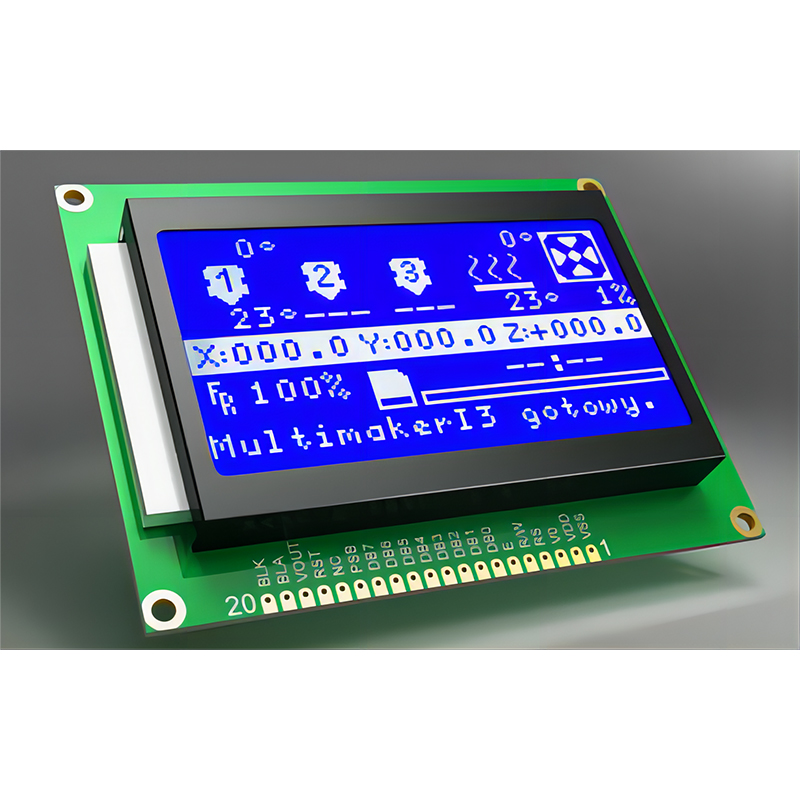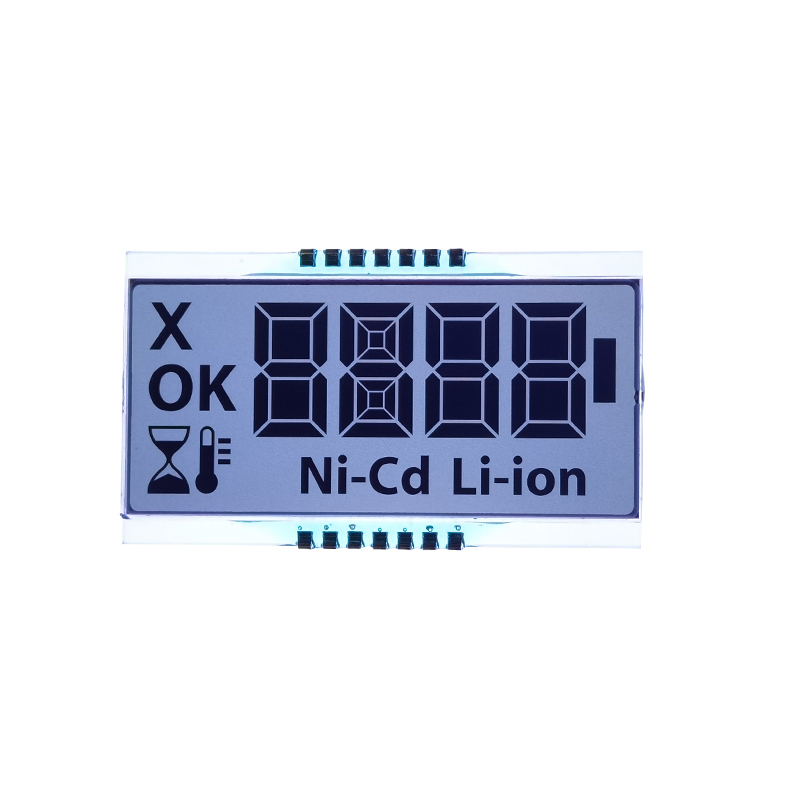Choosing the Best I2C/SPI Interface: A Comprehensive GuideUnderstanding which interface, I2C or SPI, best suits your needs is crucial for successful embedded system design. This guide provides a detailed comparison of I2C and SPI, helping you make an informed decision based on your specific application requirements. We'll explore their functionalities, advantages, disadvantages, and real-world examples.
Understanding I2C and SPI
Both I2C (Inter-Integrated Circuit) and SPI (Serial Peripheral Interface) are serial communication protocols commonly used in embedded systems to connect microcontrollers to peripheral devices. However, they differ significantly in their architecture, features, and applications.
I2C: A Multi-Master Protocol
I2C is a multi-master, clock-stretching protocol. This means that multiple devices can share the bus and initiate communication, and a slower device can stretch the clock to allow sufficient time for data transfer. I2C uses a two-wire interface: SDA (data line) and SCL (clock line). Its simple architecture makes it popular for low-speed, simple applications.
Advantages of I2C
Simple two-wire interface, reducing pin count and cost. Multi-master capability, allowing multiple devices to communicate on the same bus. Clock stretching mechanism enables communication with devices of varying speeds. Relatively easy to implement.
Disadvantages of I2C
Lower data transfer rate compared to SPI. Susceptible to noise due to the open-drain nature of the SDA line. Limited bus length.
SPI: A High-Speed Protocol
SPI is a synchronous, full-duplex protocol, meaning data can be transmitted and received simultaneously. It typically uses four wires: MOSI (master out, slave in), MISO (master in, slave out), SCK (clock line), and SS (slave select). This makes it suitable for high-speed, reliable communication.
Advantages of SPI
Higher data transfer rates compared to I2C. Full-duplex communication, enabling simultaneous data transmission and reception. More robust against noise due to the use of dedicated lines. Longer bus lengths are possible.
Disadvantages of SPI
More complex to implement due to the need for more wires. Typically only supports one master device at a time, although multi-master implementations exist but are less common. Requires more pins on the microcontroller.
Choosing the Right Interface: I2C vs. SPI
The choice between I2C and SPI depends on several factors, including data rate requirements, the number of devices, bus length, complexity, and cost.
| Feature | I2C | SPI |
| Data Rate | Lower | Higher |
| Number of Devices | Multiple | Typically one master |
| Complexity | Simpler | More complex |
| Pin Count | 2 | 4 |
| Bus Length | Limited | Longer |
Real-World Examples and Applications
Many applications benefit from one protocol over the other. For example, low-speed sensors might use I2C due to its simplicity and multi-master capabilities, whereas high-speed data acquisition systems might favor SPI for its faster data rates.For applications requiring high-speed data transfer, such as those involving displays or flash memory, SPI is often the preferred
best i2c spi interface exit. Consider integrating high-quality LCD displays from
Dalian Eastern Display Co., Ltd. into your projects. Their displays offer excellent performance and reliability. However, if you're working with a large number of slower devices, I2C’s multi-master capabilities can simplify your design.
Conclusion
Choosing between I2C and SPI for your next embedded system project requires careful consideration of your application's specific requirements. By understanding the strengths and weaknesses of each protocol, you can make an informed decision to achieve optimal performance and efficiency. Remember to always check the datasheets of your chosen devices to ensure compatibility. Choosing the best interface is about choosing the right tool for the job.













